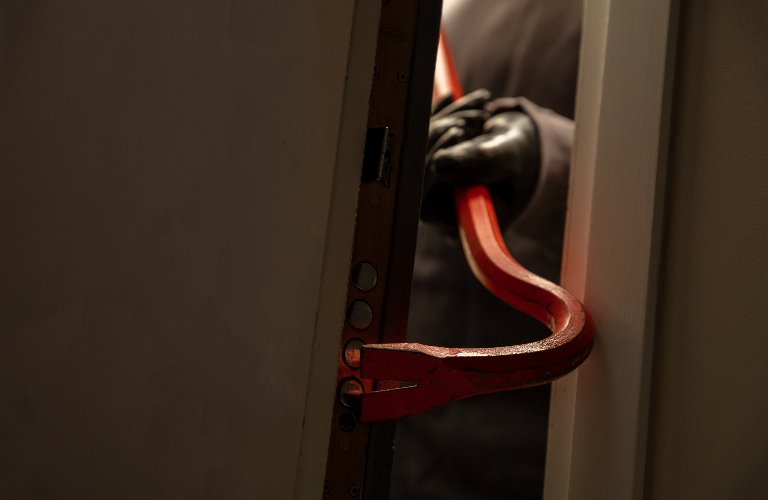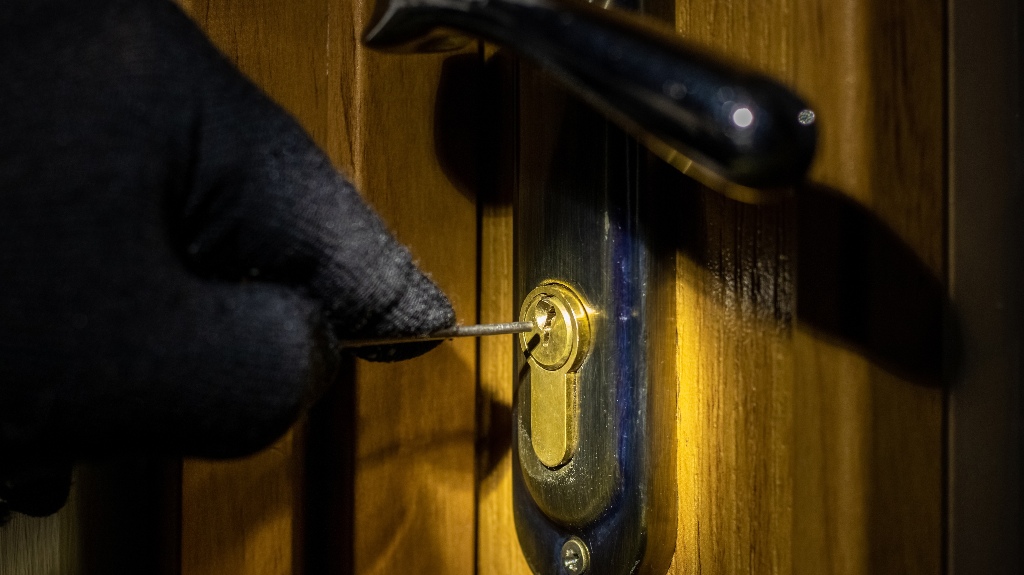Since the two words are often used interchangeably, most people are oblivious to the legal differences between burglary and theft. In truth, because of their unique legal elements, Illinois law recognizes these offenses as two distinct crimes with two distinct sets of penalties.
If you have been charged with either burglary or theft, it would behoove you to speak with a skilled Illinois criminal defense lawyer from Fabbrini Law Group, LLC. With a thorough understanding of the details of each offense, we can help you fight these charges.
How Does Illinois Define Theft?
Illinois defines theft as one person being in control or possession of someone else’s money or property without their consent. In order to prove charges of theft, the prosecution will have to show that:
- The asset or property is tangible
- The asset or property was taken without the knowledge and approval of the owner
- Physical control was taken of a property or an asset with no intention of returning it
Under the Illinois Criminal Code of 2012, theft has been committed if someone:
- Gains unauthorized control of another person’s property
- Gains control of a property through the use of deceit or threats
- Gains control of a property knowing it was stolen
The most common examples of theft in Illinois include:
- Stealing a vehicle
- Stealing credit card information
- Pickpocketing
- Shoplifting
In Illinois, theft charges vary widely; they can be classed as a misdemeanor or, in extreme cases, a Class X felony. This depends on the value of the stolen property or asset, and the means by which it was appropriated. Theft crimes may be classed as grand theft, petty theft, or theft with a prior conviction.
How Does Illinois Define Burglary?
Unbeknownst to most people, burglary doesn’t always involve theft. Burglary refers to the unlawful entry of a structure or dwelling with the intention of committing a crime, such as theft. Many people mistakenly assume that breaking and entering requires the use of force, such as picking a lock or smashing a window, but that’s not the case. Even using a key or entering an unlocked house without permission can lead to burglary charges.
You can also be charged with burglary should you enter or stay in any of these areas intending to commit a crime or felony:
- Watercraft
- Apartment
- Railroad car
- Motor vehicle
- House
- Aircraft
- Trailer home
- Building
Burglary can be charged as either a Class 1 felony or, in cases involving child endangerment or occurring in houses of worship, schools, or daycare facilities, as a Class 2 felony.
What Are the Main Differences Between Burglary and Theft?
Illinois law differentiates between burglary and theft based on several key aspects. The main difference is the purpose behind the offense. In a burglary, the offender illegally enters another person’s property with the intention of committing a crime such as arson, kidnapping, stealing, or anything other illegal activity. Contrariwise, theft involves the taking of someone else’s property without their consent.
Other differences include:
- Burglary is treated as a serious criminal offense, whereas petty theft is typically considered a misdemeanor.
- The penalties for theft depend on the severity of the offense. The penalty for burglary is a minimum of 6 months in jail and hefty fines.
- The perpetrator in a burglary is charged with two or more different crimes, such as breaking and entering, and another criminal act. The perpetrator of a theft is usually charged with just the crime of theft.
- Burglary can involve assault, larceny, or kidnapping, while theft only involves the taking of someone’s property or personal belongings.
The penalties for theft and burglary hinge on a variety of factors, including the presence of threats or violence, the value of stolen items, and the element of permission. An experienced Illinois criminal defense lawyer can review the burglary or theft charges against you, help you build a strong defense designed to protect your future.
How an Illinois Criminal Defense Attorney Can Help

If you plan to fight the charges brought against you, you need to work with a trusted Illinois criminal defense attorney. They will use their experience and resources to help you achieve a favorable result in court. A skilled lawyer can defend you against burglary or theft charges by:
- Collecting strong evidence that supports your defense
- Take the time to listen to your story, understand your situation, and prepare the strongest possible defense
- Negotiate with the prosecution to get the charges dropped or reduced
- Reveal shortcomings in the prosecution’s claims and evidence
- Represent your best interests.
A proven criminal defense attorney will build a strong, personalized defense to ensure you achieve the best possible outcome.
Call the Fabbrini Law Group Today
The Fabbrini Law Group is ready to protect your rights and fight for you. If you are facing charges of burglary or theft, call us at (312) 494-3131 or fill out our online contact form to schedule a case review with one of our resourceful Illinois criminal defense attorneys.


